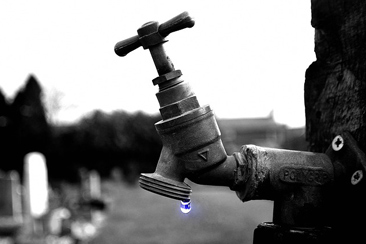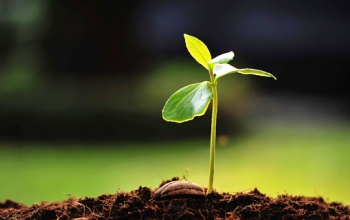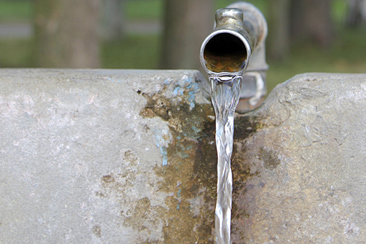Find out why we should save water
Why should we save water?
 Fresh water is a scarce resource in the Western Cape, as rainfall varies from year to year. We depend on water to survive, and our growing population puts more demand on our natural resources, especially water. Everyone needs to ensure that our water is sustainable for future generations. Irrigating farmland for food production uses a large amount of fresh water.
Fresh water is a scarce resource in the Western Cape, as rainfall varies from year to year. We depend on water to survive, and our growing population puts more demand on our natural resources, especially water. Everyone needs to ensure that our water is sustainable for future generations. Irrigating farmland for food production uses a large amount of fresh water.
It is essential for manufacturing, particularly in heavy industries like electricity generation and iron and steel production, which need large amounts of water for cooling, or as a power source. A reliable supply of fresh water is critical for all households too.
Conserving water can also save energy. Pumping water from a central facility into your home, garden, or office requires energy to power the pumps. Saving water thereby means using less energy, which lowers your annual water bill and carbon footprint.
What can we do to save water and money?
At home
- Check and fix all leaks on your property. See these handy tips from the City of Cape Town.
- Take shorter showers and turn off the shower while soaping up, then turn it back on to rinse.
- Put a full load into your washing machine and dishwasher before starting a wash cycle.
- Place a 2-litre plastic bottle full of water in the water tank (cistern) of your toilet to reduse the amount of water flushed down the toilet.
- When washing dishes by hand, don't leave the water running to rinse dishes.
- Use greywater (from the washing machine, basins, shower and bath) in the garden.
In the garden
- Plant indigenous (local) plants which can tolerate extreme heat and require little watering.
- Group plants with the same water need together so that you don’t overwater plants with different water needs.
- Put a covering layer (mulch) around trees and plants. Covering will slow evaporation and will also discourage weeds from growing.
- Water your garden at sunrise and sunset. Water your lawn long enough for the moisture to soak down to the roots. A light sprinkling can evaporate quickly.
- Plant in the right season. For winter rainfall areas, you'll need to plant in autumn and early winter so the plants can develop their root systems before the dry season. You can plant in spring and early summer in summer rainfall areas.
In the industrial and commercial sector
- Define water requirements for your department, building or unit of production.
- Appoint a person to track water usage and identify strengths and weaknesses.
- Present the idea of water-efficient appliances in canteens or office kitchens. Fill kettles only with as much water as you need.
- Try and avoid ornamental water features and fountains that lose water to evaporation.
- Encourage people to be alert of leaking taps and report water losses from leaking or damaged pipes and hoses.
- Keep paths around the building tidy. Avoid the use of hoses to remove leaves etc.
- Encourage people to wash company vehicles at commercial car washers that use recycled water.
- Reduce leaks by turning taps off lightly and getting washers replaced when one discovers leaks.
- Upgrade production equipment to use recycled water or less water.
- Know the location of your master water shut-off valve.
Simple changes can help you save up to 10% on your annual water bill, without drastically changing your lifestyle.
Stay on top of water storage levels in the Province with our dam location map.
Some more interesting and helpful information is available at:
- Journey of Water (World Wildlife Fund for Nature)
- Think Water (City of Cape Town)


